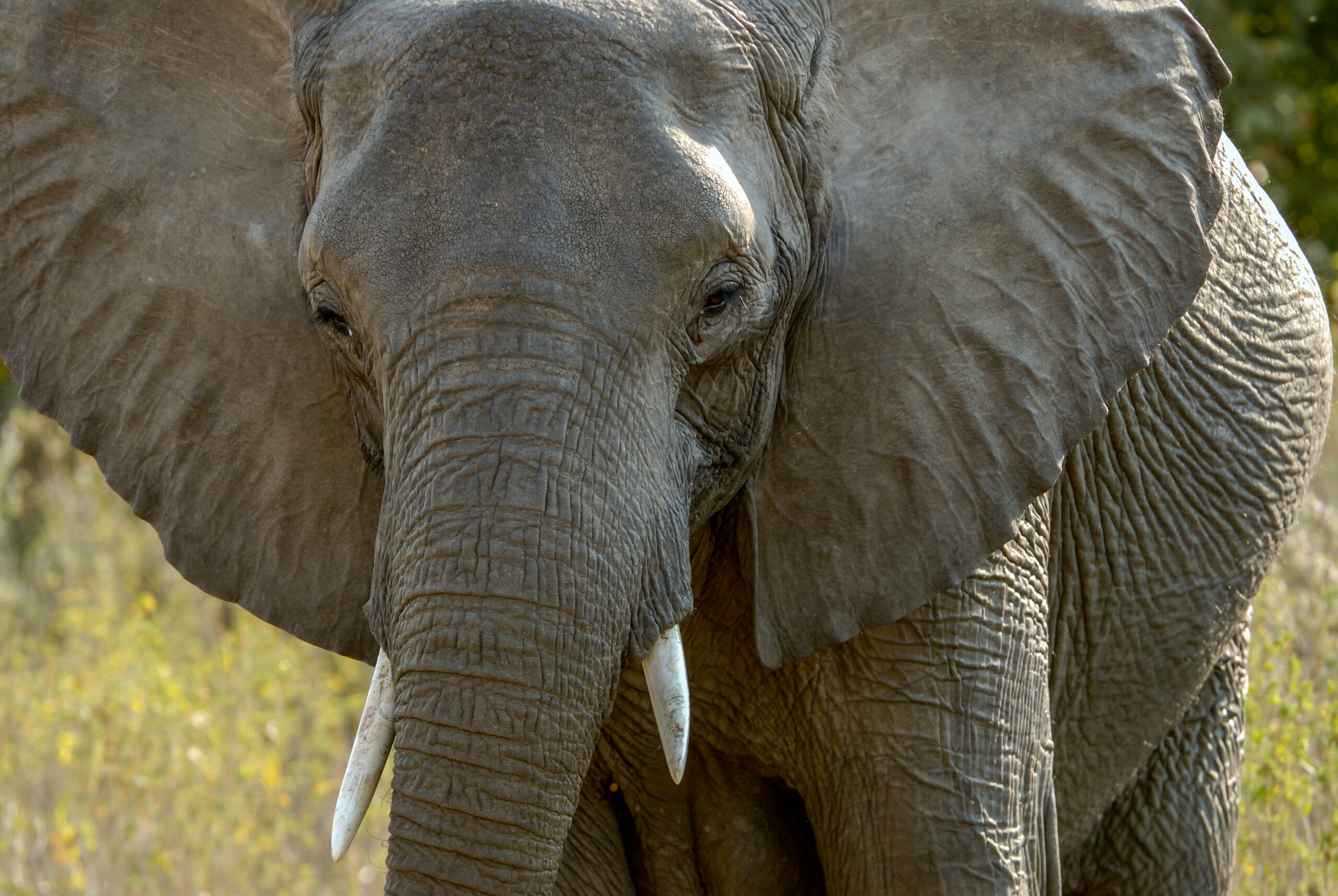Introduction to Mexico
Mexico, a country of rich history and cultural vibrancy, stands as one of the most captivating destinations in the world. Its diverse landscapes, ranging from arid deserts to lush rainforests, offer a unique backdrop to a nation steeped in tradition and modernity. As the 14th largest country globally, Mexico is not only geographically vast but also culturally profound, with influences from ancient civilizations like the Aztecs and Mayans, as well as Spanish colonial legacies. This article delves into various facets of Mexico, exploring its history, culture, economy, tourism, and natural wonders.
Historical Tapestry of Mexico
The history of Mexico is a complex tapestry woven with the threads of indigenous civilizations and colonial conquests. Before the arrival of Europeans, Mexico was home to advanced societies such as the Olmecs, Mayans, and Aztecs, each contributing to the region’s rich cultural heritage. The Aztec Empire, known for its architectural marvels and sophisticated societal structures, was among the most prominent before the Spanish conquest in the early 16th century.
The arrival of Spanish explorers marked a new era, leading to the establishment of New Spain. This period saw the amalgamation of European and native cultures, resulting in a unique Mexican identity. The struggle for independence began in the early 19th century, culminating in 1821 when Mexico emerged as a sovereign nation. This history of resilience and adaptation continues to influence Mexico’s cultural and social dynamics today.
Cultural Richness and Diversity
Mexico’s cultural landscape is as diverse as its geography. The country is renowned for its vibrant traditions, from the colorful celebrations of Día de los Muertos to the intricate artistry of traditional crafts. Mexican cuisine, recognized as a UNESCO Intangible Cultural Heritage, is a testament to the country’s culinary innovation, blending indigenous ingredients with Spanish influences.
The arts play a significant role in Mexican culture, with contributions from iconic figures such as Frida Kahlo and Diego Rivera. Folk music and dance, including mariachi and the traditional Jarabe Tapatío, reflect the country’s regional diversity and historical influences. Mexico’s cultural festivals, like the Guelaguetza and the Festival Internacional Cervantino, attract visitors worldwide, showcasing the nation’s artistic and cultural prowess.
Economic Landscape
Mexico boasts a dynamic economy, characterized by a mix of modern industry and traditional agriculture. As a member of the North American Free Trade Agreement (NAFTA) and now the United States-Mexico-Canada Agreement (USMCA), Mexico has strengthened its economic ties with neighboring countries, enhancing trade and investment opportunities.
The country’s economy is diverse, with key sectors including automotive, electronics, oil, and tourism. Mexico is one of the world’s largest producers of silver and has a burgeoning technology sector, contributing to its status as a major player in the global economy. Despite economic challenges such as income inequality and regional disparities, Mexico continues to show resilience and innovation.
Tourism and Natural Wonders
Tourism is a vital component of Mexico’s economy, drawing millions of visitors each year to its stunning beaches, historical sites, and vibrant cities. The Yucatán Peninsula, home to the ancient Mayan city of Chichen Itza, offers a glimpse into the country’s storied past, while the beaches of Cancun and Playa del Carmen provide idyllic settings for relaxation and adventure.
Mexico’s natural wonders are as diverse as its cultural heritage. The Copper Canyon, a series of vast canyons larger and deeper than the Grand Canyon, offers breathtaking views and hiking opportunities. The Monarch Butterfly Biosphere Reserve, a UNESCO World Heritage site, is a testament to the country’s commitment to preserving its natural beauty.
Whether exploring the bustling streets of Mexico City or the tranquil landscapes of Oaxaca, visitors are sure to be captivated by Mexico’s unique blend of history, culture, and natural beauty.
Conclusion: A Land of Endless Discovery
Mexico is a land of contrasts and harmony, where ancient traditions meet modern innovation. Its rich history, vibrant culture, and breathtaking landscapes make it a destination of endless discovery. As Mexico continues to evolve, it remains a testament to the resilience and creativity of its people. Whether you’re drawn by its historical intrigue, cultural richness, or natural beauty, Mexico offers an experience that is both enriching and unforgettable.





